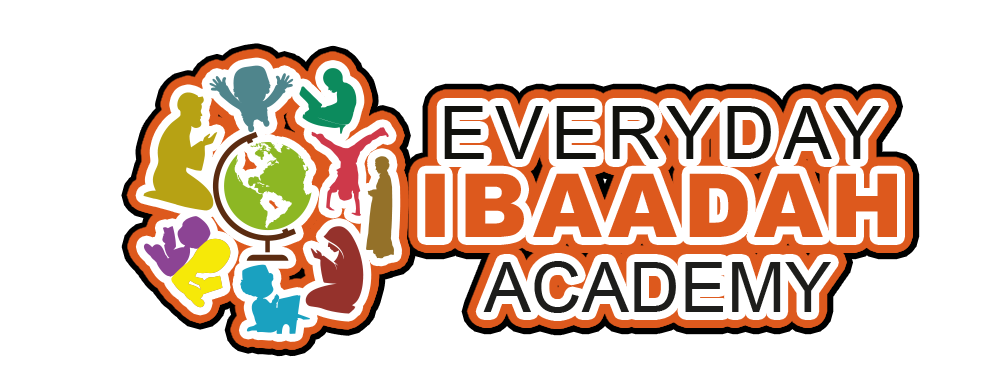21st Century Skills:
"Shaping Learners for Careers, Communities, Families, & Adulthood"
Empowering students to develop 21st Century Skills is essential. In todays global and digital world, students need knowledge and skills which can assist them in fostering healthy mindsets and acquisition of tools necessary for the cultivation of productive lives, and future engagement in roles that can transform the communities around them. Below is the list of 21st Century Skills that EDIA works to help students develop through our instruction, school themes, activities, and programs:
-
- Critical thinking
- Collaboration
- Communication
- Creativity
- Flexibility
- Initiative
- Productivity
-
- Technology literacy
- Media literacy
- Information literacy
- Financial literacy
- Leadership
- Social skills
- Technology literacy
Write your awesome label here.
How?
- curriculum
- classwork
When?
- class discussions
- activities
Where?
- school assemblies
- Events
What?
- Class projects
- Contest
Learn. | Understand. | Improve. | Grow.
Cultivation of 21st Century Skills begin as early as a students are able to hold pencils, read and write words, ask questions, and examine the environments around them. They are concepts that can be integrated in our everyday lives and refer to the knowledge, life skills, career skills, habits, and traits that are critically important for student success in today's world, particularly as students move on to college, careers, and adulthood.
The 4 C's of 21st Century Skills
The four C’s are by far the most popular 21st Century skills. These skills are also called learning skills. They are universal needs for any career. The 4 C's are:
- Critical thinking: Finding solutions to problems
- Creativity: Thinking outside the box
- Collaboration: Working with others
- Communication: Talking to others
Write your awesome label here.
Why the "three" 21st Century Literacy Skills are Key
Information literacy is a foundational skill. It helps students understand facts, especially data points, that they’ll encounter online. More importantly, it teaches them how to separate fact from fiction.
Media literacy is helpful for finding truth in a world that’s saturated with information. This is how students find trustworthy sources of information in their lives. Without it, anything that looks credible becomes credible. But with it, they can learn which media outlets, publishing sources, and formats to ignore. They also learn which ones to embrace, which is equally important.
Technology literacy gives students the basic information they need to understand what gadgets perform what tasks and why. This understanding removes the intimidating feeling that technology tends to have. As a result, students can adapt to the world more effectively. They can play an important role in its development.
Write your awesome label here.
Empowering Students to Develop Life Skills
Life skills is the final category. They are also referred to FLIPS. We plan and Allah plan, but Allah is the best of planners. Life skills can help to foster good emotional health and well-being in the lives of students. They also enable students to develop strong interpersonal and communication skills as they graduate from EDIA into colleges and careers.
The five 21st Century life skills are:
Flexibility: Teaching students how to strategically stay the course while deviating from plans when needed is a useful skill
Leadership: Motivating students to work individually and as a team to accomplish goals
Initiative: Starting class assignments, projects, strategies, and plans on one’s own
Productivity: Maintaining efficiency in an age of distractions
Social skills: Meeting and networking with others for mutual benefit
The five 21st Century life skills are:
Flexibility: Teaching students how to strategically stay the course while deviating from plans when needed is a useful skill
Leadership: Motivating students to work individually and as a team to accomplish goals
Initiative: Starting class assignments, projects, strategies, and plans on one’s own
Productivity: Maintaining efficiency in an age of distractions
Social skills: Meeting and networking with others for mutual benefit

